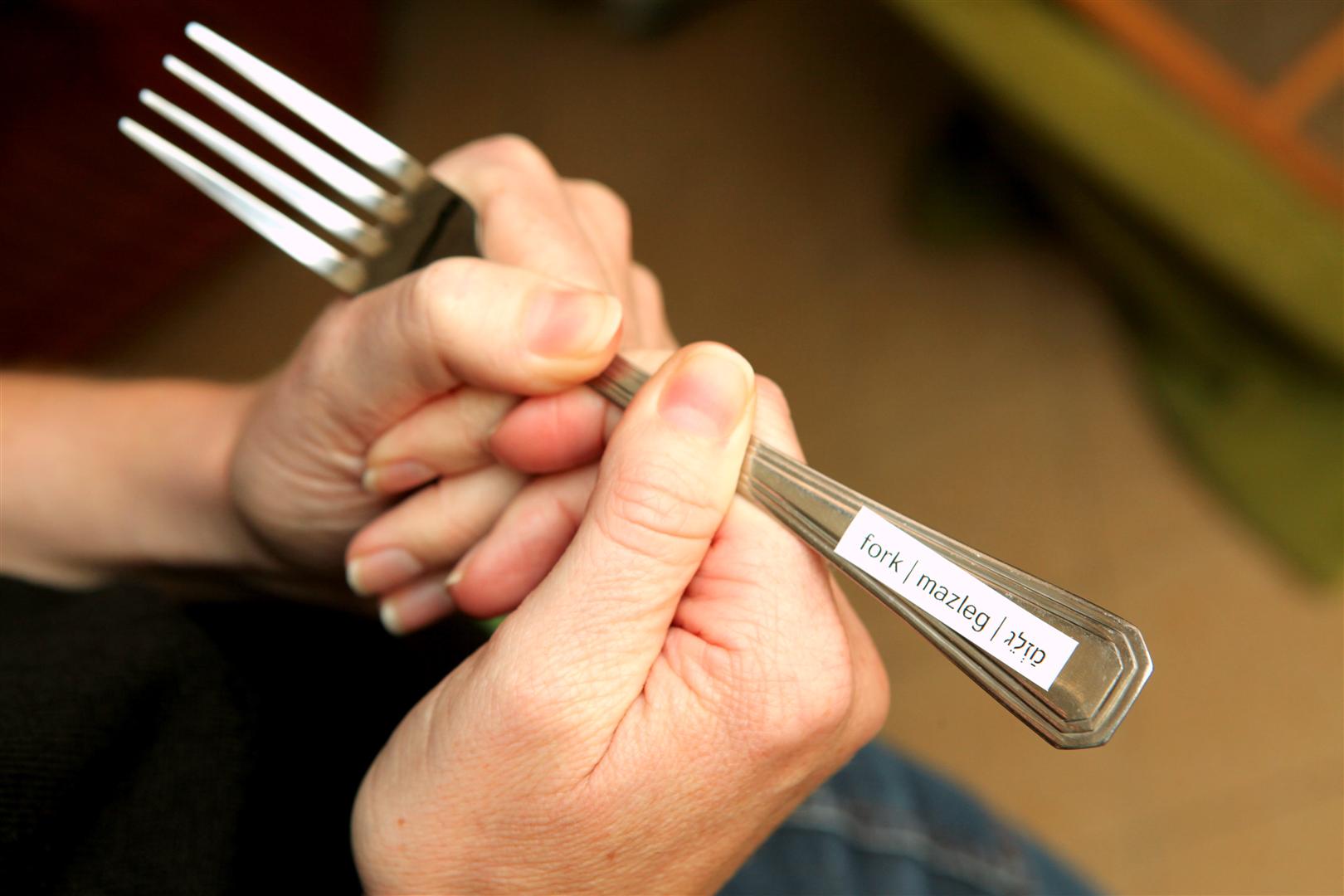The fact is that if we want to learn a foreign language, we have to connect the learning material with our everyday life and the knowledge we already have. Learning is not only a mental process, for which we have to awaken all our senses. While speaking, we must "put ourselves in his shoes", think in a different way, but not translate simultaneously in our heads. How to win this? Let's look at some simple tips that will give big results.
It is a mistake to believe that everything starts with grammar. You are like a child before you were born first words, first sentences, first sentences, did you know the grammar rules? No. So pick up grammar on the fly, on the go, just like milk teeth through growing up.

Although it seems to many that there is talent for languages, this is not actually true, but it exists inclination to learn, which is further conditioned by the motivation of the individual. And rightly so motivation is the foundation of learning a new language. And forget about those long as jara snake word lists with native translations alongside. Learn to use words in sentences, in idioms, because by learning words, you will not only conquer grammatical structure, but also armed themselves with instant phrases, which have been proven to be much easier to stick together than individual words when you have to form sentences intuitively, as it is a natural chain of words, which will also strengthen your confidence and fluency. If you take into account what has been said so far and what we have prepared for you, you are well on your way to one day being replaced by native speaker.
Achievable goals
Set simple, achievable goals that you can achieve gradually implemented. Don't put on too much at once, because a small failure can quickly overwhelm you feeling incompetent.

Choose e.g. 50 foreign words or phrase and start using them regularly in communication (maybe even when talking to yourself). That being said, don't stress too much about grammar in the beginning and start adding it gradually.
Consistency
Persistence is key to learning a language, so look it up language habit, which you will not give up even when you are tired, sick or madly in love. To be something as consistent as brushing teeth.
Domesticate the language
Invite language into your life, to his house. Let it become part of your everyday life, your guest.

This will make the brain recognize it as something important and useful. Try him as many times as possible expose, especially at home, e.g. so that s self-adhesive sheets stick objects in the apartment with foreign terms for them to flip through a foreign newspaper, read foreign books, read foreign languages while watching TEDex lectures subtitles and at the end of the day describe your day out loud in the language you are learning to an imaginary friend. Why out loud? Since we use language mainly with our mouths and just as an athlete needs to train certain muscles to be successful, when learning a language it is necessary to train tongue and lips.
The help of technology
Take advantage advantages of technology. Such a trifle as it is language setting on your smartphone to the language you are learning pays off handsomely. So the words seep into you, without you even trying. The same goes for the language in your browser.

It actually is web a gold mine for finding effective, but above all unconventional ways lessons that turn the acquisition of grammar and language in general into a game. We recommend it Duolingo and Anki. And the next time you go for the recipe online, find one that is not in your native language.
Learning through fun
Think of language learning as a bridge to new experiences, to getting to know a new culture. Knocking down language barriers it brings us to theme parks, to shows, to concerts, festivals, in short to environments that we consider form of entertainment, which we spice up with another location where the language we are trying to master is spoken. Of course, you can also learn a lot by watching foreign series or films, where you combine the pleasant with the useful. "Business and pleasure", that is. Feeling important yet?
READ MORE: 10 best online courses from world-renowned universities that we can take for free
Communication
Without interaction or communications sooner or later you will start to stop, at least when it comes to speaking fluently. Merely consumption it creates a false sense of language proficiency. Yes, you may be a stickler for rules, but you learn a language to use it in practice. Is that right? That is why communication is key, because this is the only way knowledge can be gained put it to good use. This happens in an informal environment where you have to express your thoughts intuitively, where you have to think in a foreign language, rather than translating things in your head first, and where knowing the individual meanings of words doesn't help you much if you don't know how to put them together in a natural combination. That's why find interlocutors.

Today, with social networks, it's easier than ever. For regular communication with a stranger you no longer have to go abroad, just foreign url address you must know.
Mistakes are the best teacher
Let you making mistakes don't worry, success is built on them. Use them to your advantage. Learn from them. Don't think of them as an enemy, but as a mentor. One of the most obstacles people's problem with learning and using language is that they are afraid of saying something wrong, so they prefer to be silent. But wrong in this case (unless, of course, we are not on a test or exam) is not wrong if, as already said, we learn something from the mistake. And you may not realize it, but native speakers are like loving parents. Every attempt you make to communicate in their language is awarded, is proof that you are a gifted genius, if we are exaggerating a bit. They will appreciate yours effort and even help you if necessary.

And if you are afraid to expose your knowledge to a peer, try first with someone who is younger. You look for one with knowledge of approx same level, so that possible gaps in knowledge do not overwhelm you too much and you say something as stupid as that you are not going anywhere. If your ideal interlocutor a five-year-old, communicate with a five-year-old, so what! At least you will know your limits in a soft way and your reputation will remain unscratched. And be patient. There are no shortcuts, you can only accelerate your way to your destination - talk, talk and talk again.






